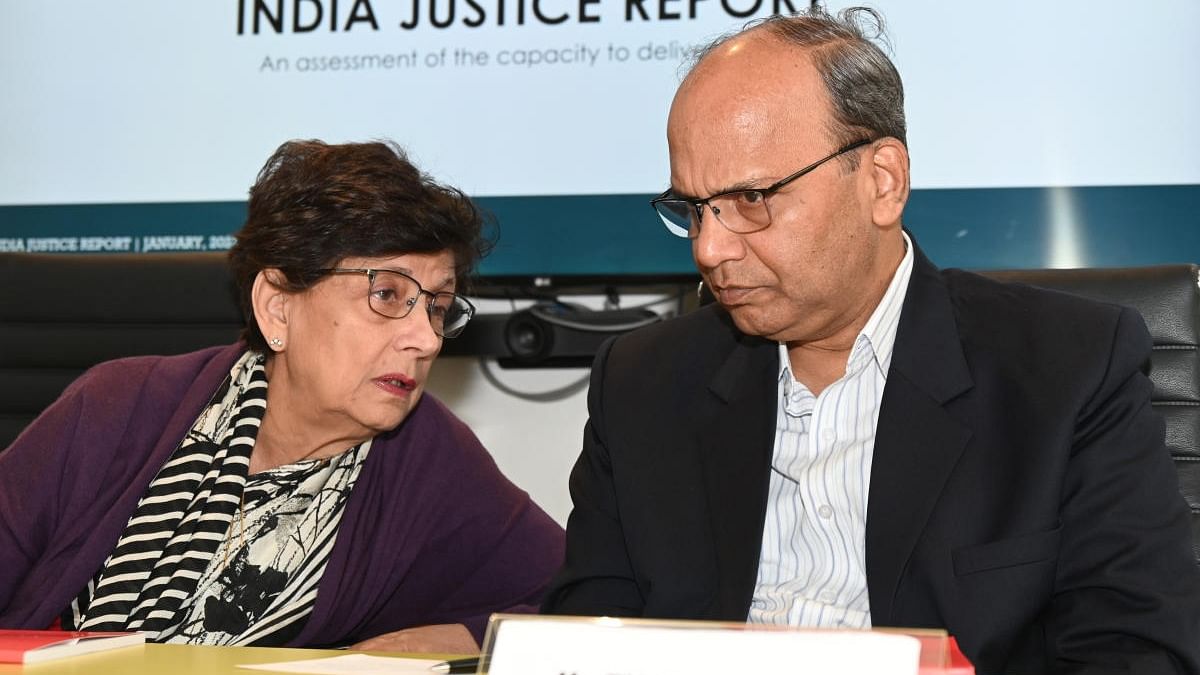
Karnataka fell to 14th rank in 2020 from 6th rank in 2019 in terms of the overall justice delivery system, as per the India Justice Report released in Bengaluru on Saturday. While Karnataka topped the list in policing, its overall ranking got affected by lower ranks in prisons, judiciary and legal aid departments.
Many experts and policymakers analysed the findings of the report with respect to Karnataka at ‘Justice capacity in Karnataka - a data-driven perspective,’ an event organised by Vidhi Centre for Legal Policy and Daksh.
In his inaugural address, T M Vijaya Bhasker, Chairman of the Administrative Reforms Commission, mentioned the problems that could have led to the drop in overall ranking, which included incomplete data. He attributed the police section’s rise to the first rank to the successive cultural and social ethos carried forward by the department.
Devyani Srivastava from Commonwealth Human Rights Initiative (CHRI) said that despite good rankings, Karnataka still has a long way to go in terms of women’s representation in the civil police force, as it was just 12.34 per cent in 2020. She said there were 600 women sub-inspectors (SI) in 1,054 police stations, while there were 453 stations without women SIs. While the religion-wise data was not available, data showed that the SC/ST/OBC representation in the Karnataka police force was excellent. She highlighted the need to increase the training budget and increase the number of stations.
Radhika Jha, a legal researcher from Common Cause, presented the results of a perception survey, which highlighted people’s lack of satisfaction with policing. The survey also highlighted perceptions of religious and caste biases among people and the police. 49 per cent of the surveyed police believed that Muslims were prone to committing crimes.
Prathap Reddy, Commissioner of Police, Bengaluru city, highlighted the need for more research on why caste biases were still perceived even though SC, ST and OBCs form more than 90 per cent of the police force.
“Karnataka has everything needed to ensure speedy justice. In the last three years, eight forensic labs and mobile labs have been set up. There are also scientifically trained officers to collect evidence from crime scenes,” he added.